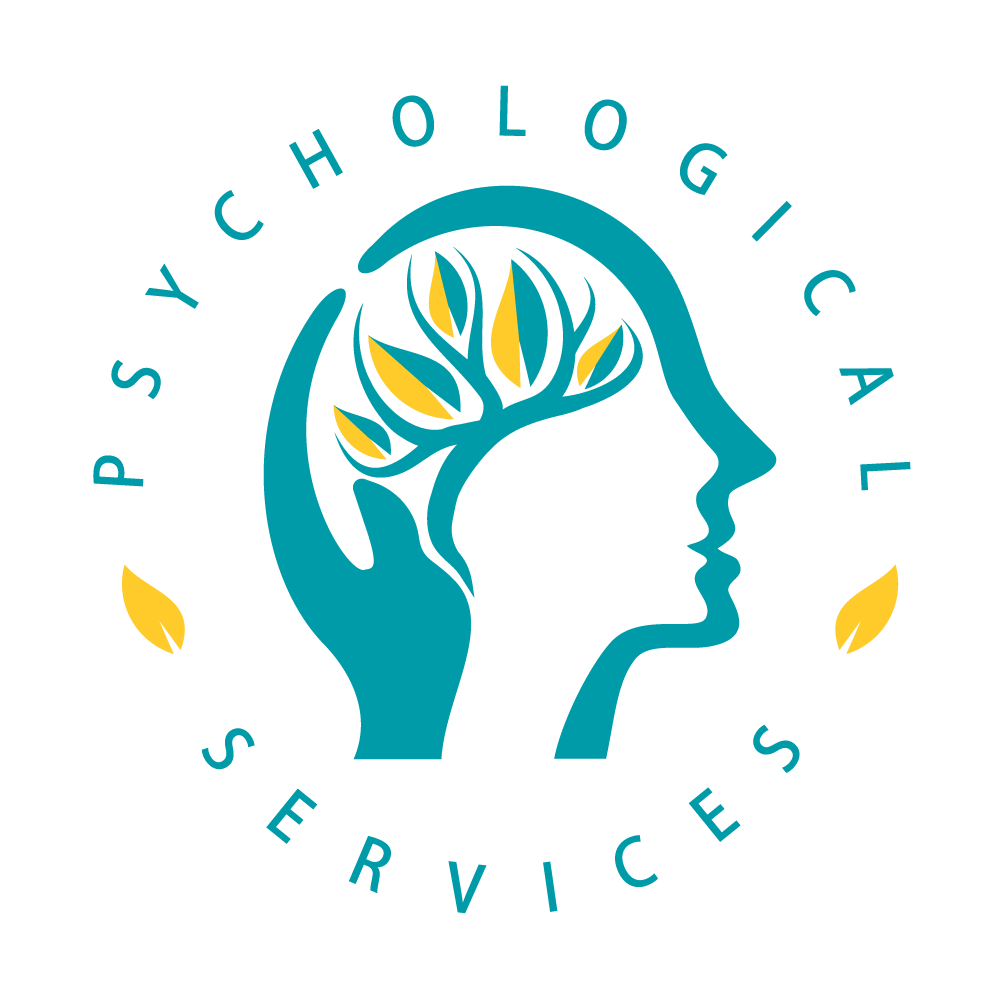
Special Education
Deaf and Hard of Hearing (D/HOH)
Dr. Susan P. Russell, Supervisor
Mrs. Michelle L. Fyock, Instructional Specialist
Dr. Mary V. Schwartz, Audiologist
Dr. Robyn B. Miller, Audiologist
Dr. Ken Reimer, School Psychologist
Ms. Selma Patillo-Simms, Coordinator of Interpreting Services
Office Location:
English Manor
4511 Bestor Drive
Rockville, Maryland 20853
Phone: 240-740-1810
Fax: 240-740-1804
VP:240-751-4430
Interpreting Services
Phone: 240-740-1800
Fax: 240-740-1803
VP: 301-637-2958
MCPSInterpretingServices@mcpsmd.org
Deaf and Hard of Hearing (DHOH)
Deaf and Hard of Hearing (DHOH) Program provides comprehensive programs and services for children from birth through high school graduation who have an educationally significant hearing loss.
Goals
- Provide programming from birth through high school graduation following the Common Core State Standards
- Provide appropriate instruction in the least restrictive environment while addressing critical language and communication needs
- Provide communication options
- Total Communication
- Cued Speech
- Auditory/Oral
- Provide related services
- Meet the varied needs of a multicultural and diverse population
- Promote parent and community involvement
Classroom Instruction and Related Services
The following specialized supports and related services are provided as determined by student needs through the IEP process:
- Self-contained classes and small group instruction by teachers of the deaf; supported instruction in a general education setting
- Itinerant D/HOH Services – provided in the D/HOH student’s neighborhood school or in a special education program other than D/HOH
- Audiological Services – Services from an educational audiologist to assist students, families, and staff in optimizing the use of audition
- Provision and maintenance of personal and sound field FM amplification systems
- Computerized hearing aid evaluation
- Loaner hearing aids
- Hearing aid battery purchase program
- School-based ear mold clinics
- Collaboration and consultation with Audiological Clinics and Cochlear Implant Centers
- Auditory Communication Specialist - Specialized communication therapy focusing on the development of speech, auditory training, pragmatic language and advocacy skills as appropriate for D/HOH students
- Interpreting Services - Sign language Interpreters and Cued Speech Transliterators to access instruction in the general education setting
- School Psychological Services – Evaluation, consultation, and counseling by a school psychologist with expertise in assessing D/HOH students
- Special Education Transportation
MCPS Procedures for the Provision of Sign Language Interpreters for Parents
Programs
Infants & Toddlers
The birth-three year old program is coordinated through Montgomery County Infants and Toddlers Program. Babies/toddlers and parents may receive regular home-based services to facilitate parents' understanding of hearing loss and provide appropriate early intervention services including language, communication, and auditory skill development. In addition, parents and children may come to center-based activities including toddler groups and monthly “parent in class” for social interaction and informational sessions.
D/HOH Preschool Program
Deaf and hard of hearing children from ages three to five who require a language intensive preschool setting participate in full-day classes, where language and communication skill development is emphasized along with the development of age-appropriate concept development and pre-academic skills.
Elementary School Center-Based Programs
At the elementary level, D/HOH students may attend one of the center-based programs located in 3 elementary schools in the Rockville cluster where the most intensive and comprehensive supports and services can be delivered. Students may be in self-contained classes or participate in general education settings.
- Lucy V. Barnsley ES
- Flower Valley ES
- Rock Creek Valley ES
The Total Communication program incorporates the use of a variety of communication methods: sign language, speech, speechreading, audition, gesture, and print.
The Cued Speech program uses a manual system that was developed to represent the sounds of spoken language using eight hand shapes and four vowel group positions. Sounds that look alike on the lips are cued differently, so they can be distinguished from one another.
The Auditory/Oral program emphasizes oral and auditory skill development through the use of amplification, auditory learning, speechreading, and speech.
Middle School and High School Center-Based Programs
Articulating in the Rockville cluster, the center-based programs at Earle B.Wood Middle School and Rockville High School offer all three communication options, in general education classrooms and self-contained D/HOH classes. Students can access the array of courses and electives, and participate in all academic and extra-curricular activities. Transition services are provided and linkages to post-secondary experiences are supported.
Parent Organization
Montgomery County Association for Hearing Impaired Children – MCAHIC
PO Box 6610
Silver Spring, MD 20916
- Parent-Professional organization whose membership includes parents of deaf and hard of hearing children, staff members, and friends of the local Deaf community
- Outreach to the community about the needs of deaf and hard of hearing children
- Informational meetings and social events
- Cued Speech and Sign Language classes
For more information or to get involved, please visit their website or Email: contactmcahic@gmail.com
Resources
- Clerc Center
- Listening and Spoken Language Knowledge Center / AG Bell
- National Cued Speech Association
Publications
Choices in Deafness - A Parents' Guide to Communication Options
 Edited by Sue Schwartz, Ph.D.(Former MCPS Parent Educator)
Edited by Sue Schwartz, Ph.D.(Former MCPS Parent Educator)
An invaluable guide to deaf education with contributions from professionals and parents, Choices in Deafness providing an unbiased, thorough overview of the following methods:
- Auditory-Verbal Approach
- Bilingual-Bicultural Approach
- Cued Speech
- Oral Approach
- Total Communication
